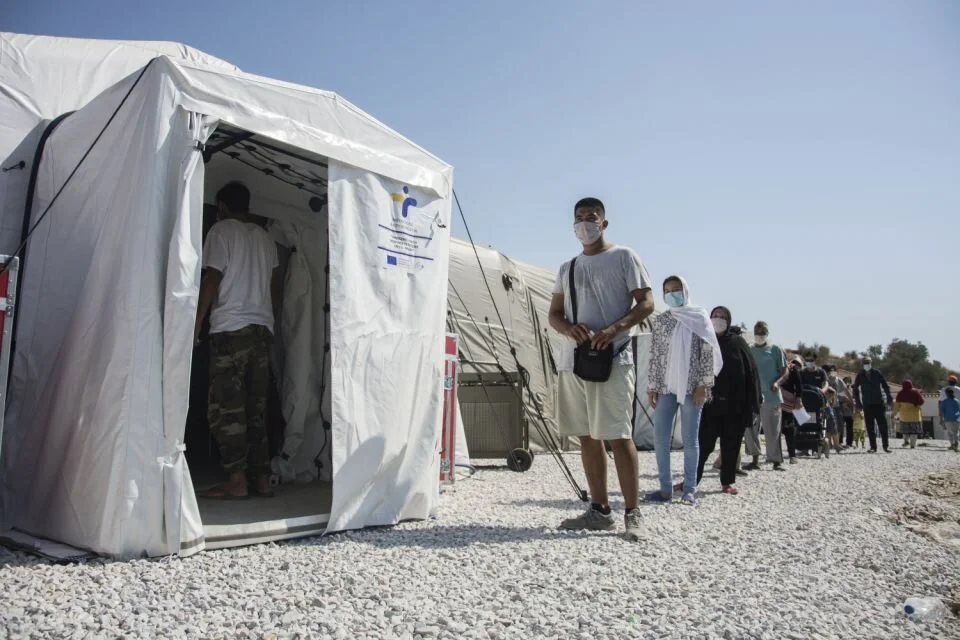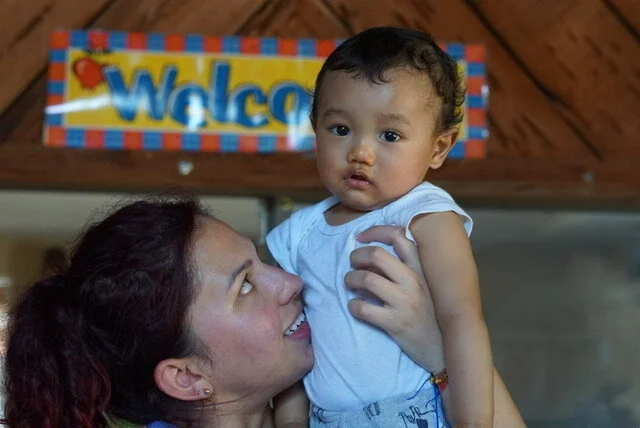Neoliberalism, an ideology defined by the proliferation and deregulation of financial markets, free market trade, cutting state welfare and taxes, and the commodification of health, rose to prominence in the 1980’s with Reagan and Thatcher (1). The problems of inflation and rising oil prices were compounded when industrial production in the global north declined, thus decreasing the demand for raw goods and agricultural commodities from countries across Latin America, Asia, and Africa (Packard, 2016). With the cost of money rising (as banks charged higher interest rates), international organizations such as the International Monetary Fund (IMF) and World Bank stepped in to prevent these countries from defaulting on their loans. As part of their conditions, they enforced austerity measures known as Structural Adjustment Policy (SAPs) on these cash-starved countries.
The goal of SAPs was first and foremost to secure the international financial system, catering to the lender banks of the global north. They also served to transform economies of developing countries to free-market economies (Sayson, 2006). This was achieved through peeling back necessary public institutions; for example, limiting the development of public infrastructure, cutting federal paychecks, halting investment in social programs and hospitals, and more. This crippling of local infrastructure would pave the way for millions to die due to cholera, Ebola, and AIDS crises.
As Keshavjee puts it, “these loans were seen as…















